An asphalt mixing plant is a complex industrial facility crucial to the production of asphalt used in constructing roads and various infrastructure projects. It blends aggregates, sand, and bitumen to create the asphalt mixture required for durable and high-quality roads.
Types of Asphalt Mixing Plants
Choosing the right type of asphalt mixing plant depends on the specific needs of a construction project. Let’s explore the characteristics of different types:
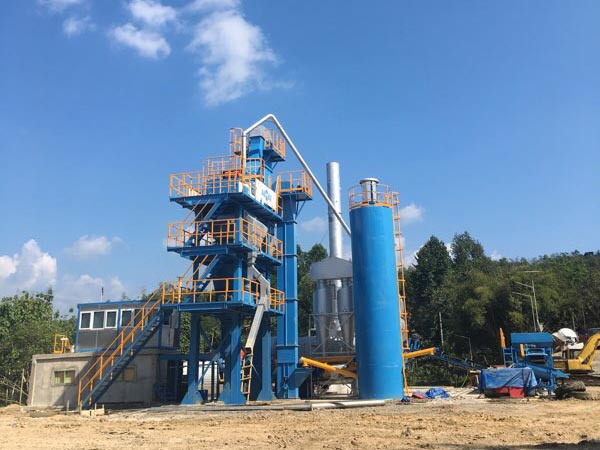
1. Asphalt Batch Plant
The asphalt batch plant operates by producing asphalt in discrete batches. This method offers precise control over the composition of each batch, making it well-suited for projects with diverse asphalt requirements, such as those with varying road surfaces.
2. Stationary Asphalt Plant
Stationary asphalt plants are fixed installations designed for long-term use. They provide a continuous supply of high-quality asphalt, making them ideal for large-scale projects where a consistent and reliable source of material is essential.
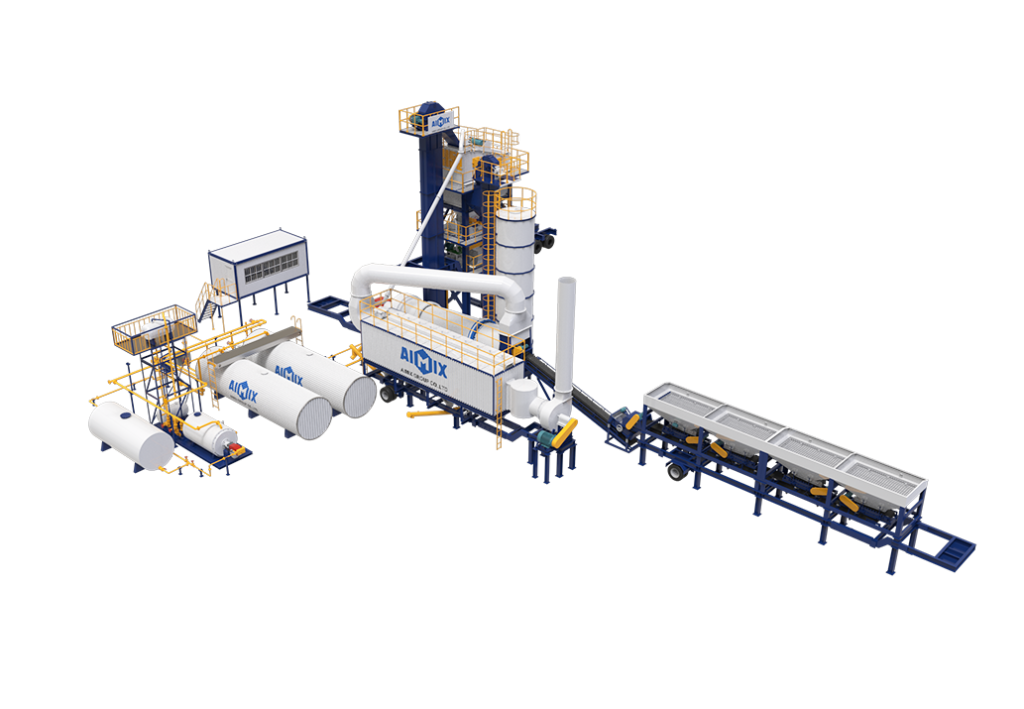
3. Mobile Asphalt Plant
Mobile asphalt plants are designed for flexibility and mobility. These portable asphalt plants can be easily transported from one site to another, making them suitable for projects that require frequent relocation or for areas with limited infrastructure.
4. Hot Mix Asphalt Plant
Hot mix asphalt plants are characterized by the production of asphalt at high temperatures. This process ensures the durability of the asphalt under heavy traffic loads, making them a preferred choice for major highways and roads experiencing high volumes of vehicles.
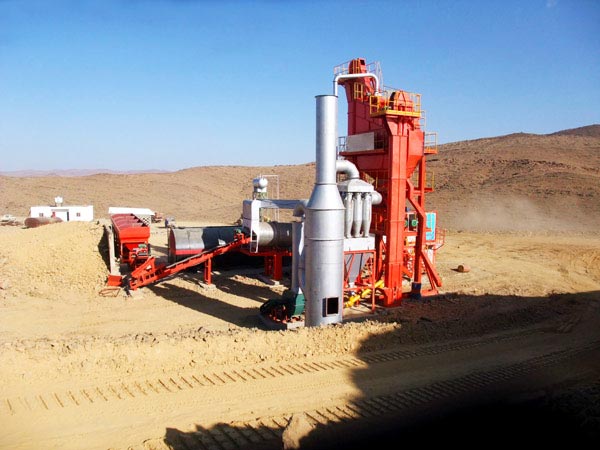
5. Cold Mix Asphalt Plant
Cold mix asphalt plants operate at lower temperatures, utilizing emulsified asphalt. This type of plant is versatile and suitable for quick repairs and projects in colder climates. Cold mix asphalt provides flexibility in various weather conditions.
Key Considerations in Choosing an Asphalt Mixing Plant
Several critical factors influence the decision-making process when selecting an asphalt mixing plant:
1. Manufacturer Reputation
Choosing a plant from a reputable manufacturer is paramount. A well-established manufacturer ensures the quality, reliability, and performance of the equipment, minimizing the risk of operational issues.
2. Price and Cost Efficiency
While the initial cost is a crucial consideration, it’s essential to assess the long-term cost efficiency of the plant. This includes asphalt plant price, operational costs, maintenance expenses, and the overall impact on the project budget.
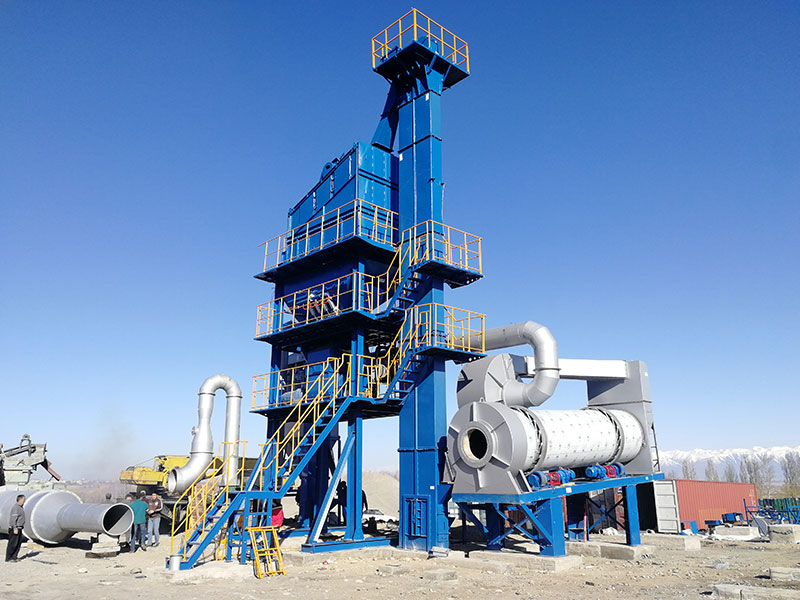
3. Project Scale and Duration
Selecting the right plant depends on the scale and duration of the construction project. Batch plants are suitable for smaller projects, while continuous plants like drum mix plants are more efficient for larger, long-term endeavors.
4. Mobility Requirements
Consider the mobility requirements of the project. For projects demanding flexibility and frequent relocation, a mobile asphalt plant might be the optimal choice. In contrast, stationary plants provide stability for more permanent installations.
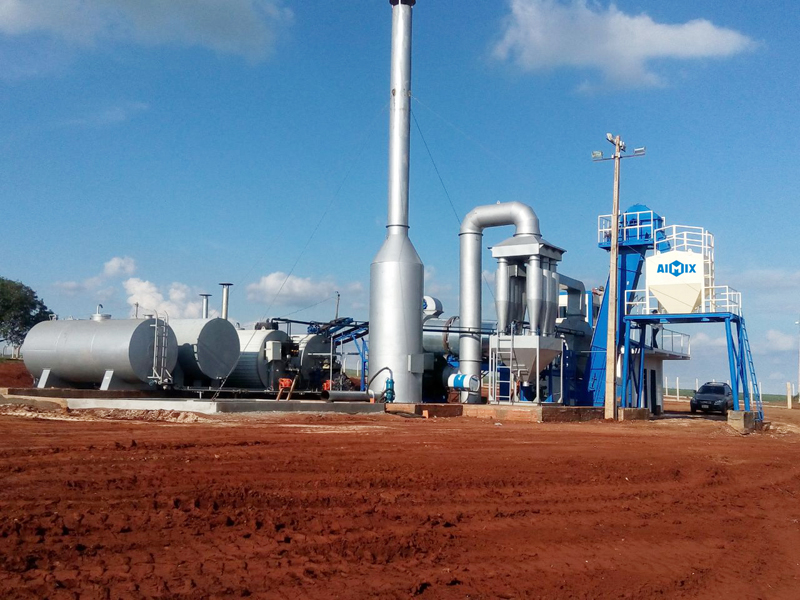
Conclusion
Asphalt mixing plants are the cornerstone of successful road construction projects. Each type has its unique advantages, and the choice depends on specific project requirements. By considering factors such as manufacturer reputation, price, project scale, and mobility needs, construction professionals can make informed decisions, ensuring efficient and durable results in asphalt production.